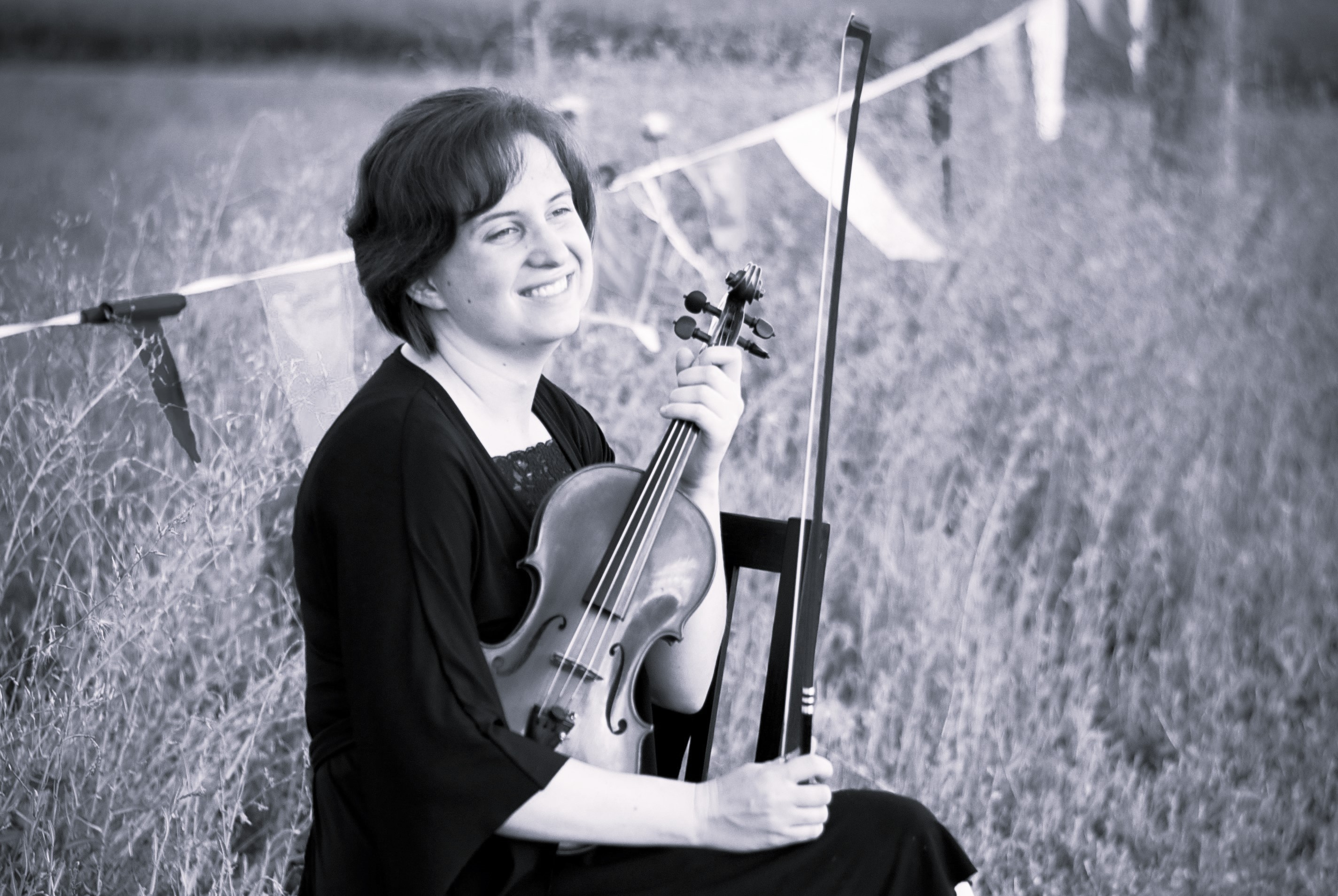
Cami Shaskin
Violin Blog
About
Updates
Quick Access
Archive
2021
Jan
2022 16 - Welcome to My Blog
23 - Violin Teaching Kits
Feb 06 - Valuable Techniques
07 - From the Top
20 - Violin Jokes
Mar 06 - Singing in Orchestra
13 - Nurtured by Love
21 - Helpful Websites
27 - Unique Case Uses
Apr 10 - All About Tone
24 - Teaching Values
May 02 - Believing Teachers?
29 - Our Quartet
Jun 26 - Violin Bridge Tips
Jul 07 - Clever Violin Memes
20 - Horses and Lions
Aug 04 - Music During Covid
16 - Favorite Music
Sep 12 - Being There
Oct 16 - Sight Reading Tips
Nov 05 - Why It's the Frog
Dec 20 - Bach on the Brain
30 - Impact for Life
Jan
Jul
Aug
Oct
Nov
2023 23 - Tendonitis Helps
Feb 21 - An Old Performance
Mar 23 - Cars3 & Coaching
Apr 29 - Preferred Brands
May 27 - Love: A Calling
JunJul
Aug
08 - Music Opens Doors
SepOct
Nov
27 - Useful Analogies
Dec 28 - A Humorous Anecdote
Jan
Feb
May
Jun
Aug
Oct
Nov
2024Feb
15 - Our Commonality
Mar 10 - Extras
18 - Autopilot
AprMay
Jun
06 - Motivation
JulAug
26 - The Ink
SepOct
Nov
26 - Music Copyright
Dec Jan
Mar
Sep
2025 15 - Fame and Fortune
FebMar
14 - Intermission
Apr 18 - A Day in the Life
May 02 - Oops!
Jun 14 - A Science or an Art?
Jul 15 - A Difficult Post
AugSep
20 - Anxiety Interview
Oct 02 - Sounds of Italy
Nov No posts to display.
Dec No posts to display.
Jan
Feb
Aug
2026Feb
No posts to display.
Mar No posts to display.
Apr 17 - Bittersweet Moments
May No posts to display.
Jun No posts to display.
JulAug
No posts to display.
Sep No posts to display.
Oct 31 - My Video Series
Nov No posts to display.
Dec No posts to display.
Jan
07 - Food in Twinkle?
Feb No posts to display.
Mar No posts to display.
Apr No posts to display.
May No posts to display.
Jun No posts to display.
Jul No posts to display.
Aug No posts to display.
Sep No posts to display.
Oct No posts to display.
Nov No posts to display.
Dec No posts to display.
Posts
Our Quartet
We played full quartets by Dvorak, Ravel, Mozart and Beethoven in our spare time. Of course, we played Pachelbel's Canon, Jesu Joy of Man's Desiring, Trumpet Voluntary, and other wedding favorites. There were personal favorites like Interludium in Modo Antico and Pavane by Jay Welch. For jobs, sometimes we even took requests. And we got asked to play for a lot of receptions"”even for college graduations. There were some challenges"”like at a chamber music camp we attended, when the key to the trunk holding our instruments broke in the lock. Or when my sister opened her case at one of our gigs at least an hour way and we realized she had forgotten her viola. There was the time the cellist left her music home, and we were just about to go onstage to perform a concert. Or when the old car we were all in broke down.
But we had each other. We had our musical preparation. And we had prayer. (Prayer works!) That gig where we were without an instrument? Well, it just so happens that a mutual friend was at the wedding reception we were playing for, and he just happened to have his violin with him and was gracious enough to lend it to us. Jenny played all the viola parts for the next hour and a half on his violin, transposing the entire time. That time Angie, our cellist, didn't have her music for a performance? She played the entire quartet from memory. (Just wow. We didn't even know she didn't have her music; she didn't tell us until after the concert was over!) And that time when the old car had problems, thankfully someone thought to say a group prayer that we'd make it home safely. The car sputtered and strained for the last several miles, but we made it. It literally died the moment we pulled into the driveway. Permanently, I think . . . .
This group also prepared me for college. The other girls were my first roommates away from home, at a week-long music camp one summer in northern Utah when I was 16. They taught me easy, inexpensive meals, like dry Ramen noodles with egg. I learned new ideas for applying makeup, and fun group games that only required pen and paper, but had us rolling in stitches on the floor.
I still think one of the best parts about playing music is the people you get to know in the process. You get to experience one of God's great beauties; and you get to do it with remarkable friends. There's nothing quite like it. I am so grateful for all the memories.
| Love it | Interesting | Inspiring | Want to share |
 |
 |
 |
 |
| 0 | 0 | 0 | 0 |
Like this post? Link back to it later by copying the URL below.
© 2021-2026 All Rights Reserved
This content has been proven to be completely dairy-free, gluten-free, sugar-free, and made from code not treated with rBST. No animals were harmed in the making of this blog. The views presented do not necessarily represent the views of Ms. Shaskin's neighbors, kin, the U.S. government, or a mysterious worldwide network of musicians. Any reproduction, retransmission or reposting of content without crediting the author (basically me) is prohibited. Free Wi-Fi not included. If this is a life-threatening emergency, close your browser and dial 911.



